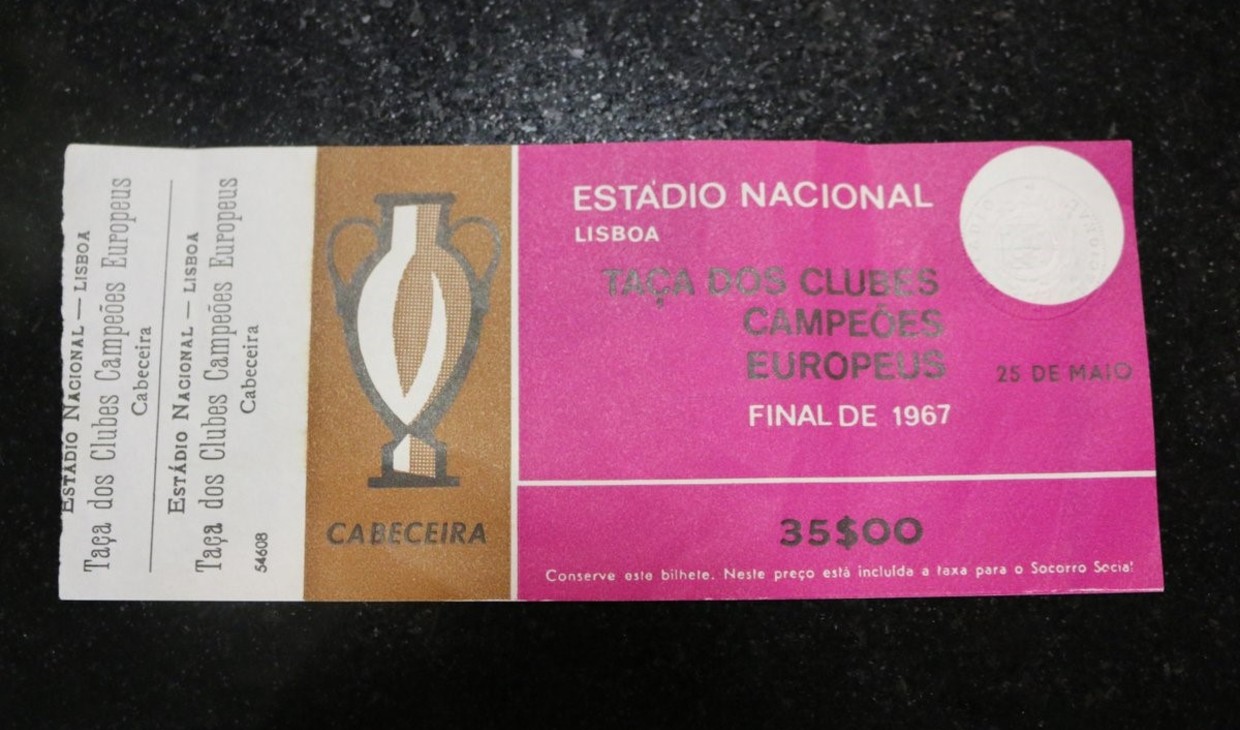Lisbon Lions’ impact on Scotland’s Irish diaspora revealed
Celtic’s historic European Cup triumph in 1967 was a “defining moment” for the Irish diaspora in Scotland, according to a new study from the Universities of Stirling and Edinburgh.
/filters:format(webp)/filters:no_upscale()/prod01/cdn/media/stirling/news/news-centre/2019/december/football-1920X689-(2).jpg)
Celtic’s historic European Cup triumph in 1967 was a “defining moment” for the Irish diaspora in Scotland, according to a new study from the Universities of Stirling and Edinburgh.
The research – published in international academic journal Soccer and Society – highlights the deeper social, cultural, ethnic, political and religious significance of the Lisbon Lions’ victory.
Dr Joseph Bradley, of the University of Stirling, and Dr John Kelly, of the University of Edinburgh, concluded that the 2-1 win over Inter Milan was “not merely the story of a great sporting accomplishment” but also a “landmark and iconic moment in the social and cultural history of a country (Scotland) and a people (Irish-Catholic diaspora) within that country”.
Dr Bradley, Senior Lecturer in the Faculty of Health Sciences and Sport, said: “In 1967, Celtic became the first club outside of Portugal, Spain and Italy to win the European Cup. Although numerous football fans celebrated Celtic’s win in 1967 and people from non-Catholic and non-Irish backgrounds have long supported Celtic, the victory is totemic for the Catholic community of Irish immigrant descent in Scotland that has historically formed the core support of the club.
“We reveal that soccer remains a central component of group memory connecting the past, present and future – and suggest that Celtic’s win offered confidence and hope to a marginalised group within Scotland.”
Dr John Kelly added: “Our study suggests the significance of the win reveals intersections of ethnicity, religion, nationalism, and the politics of ‘sectarianism’ in Scotland. During a period of discriminatory practices and attitudes towards Irish descended Catholics in Scotland, this iconic win for a Scottish based club born of Irish Catholics personified for this diaspora that – on one level, and at least for that moment in time – their day had arrived.”
The authors analysed many published accounts of the match and conducted interviews with fans who attended the game in Lisbon. They state that up until the 1990s in Scotland there was a widely-held perception that most Catholics – especially of Irish origin – could only progress so far in numerous parts of society’s economic, social and political life.

A ticket from the famous 1967 victory - a “defining moment” for the Irish diaspora in Scotland.
The research draws parallels between the Lisbon Lions’ impact on this community in Scotland with the iconic sporting achievements of native aboriginal Cathy Freeman in athletics; the protest of athletes John Carlos and Tommie Smith at the 1968 Mexico Olympics; and the achievements in the ring of boxer Muhammad Ali .
The researchers say: “The accomplishments and triumphs of these people in the sporting arena have historical, ethnic, socio-cultural, economic and political resonances as well too as having relevance to issues they and others within the communities they represented in sport faced with regards prejudice and discrimination.
“For Celtic and its supporters, 1967 has become a moment when the underdogs in Scottish society became the most successful underdogs on the field of play.”
The paper, Celtic FC’s 1967 Lisbon Lions: why the European Cup victory of the first club from Britain was a defining moment for the Irish diaspora in Scotland, is published in a special edition of Soccer and Society entitled: Moments, metaphors, memories: Defining events in the history of soccer.
The University of Stirling has been Scotland’s University for Sporting Excellence since 2008 and is The Times / Sunday Times Good University Guide’s UK Sports University of the Year 2020. The University offers an unrivalled all-round environment for excellence in sport: education, research, participation, and performance.
